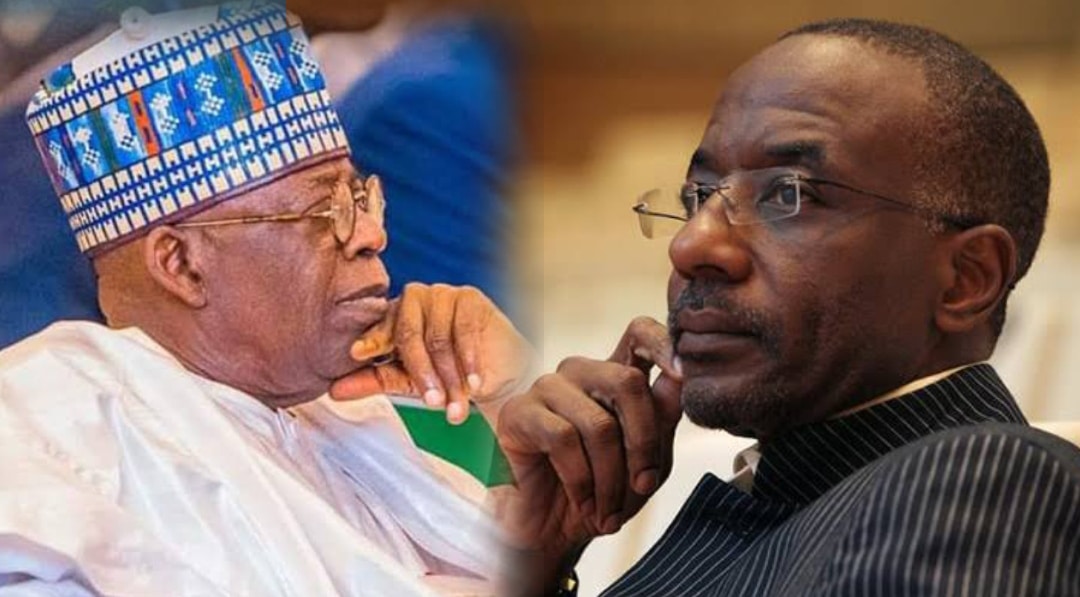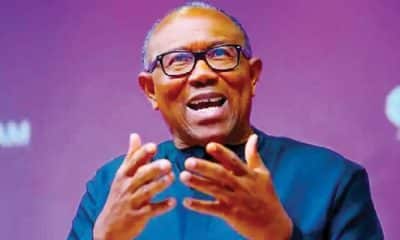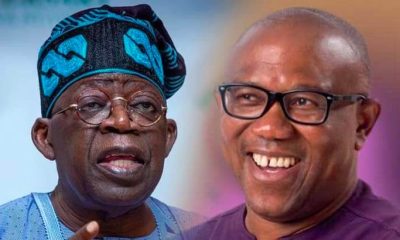Nigeria News
‘Oil production Can Put Nigeria In Trouble’ – Sanusi Speaks On Tinubu’s Cash Transfer

Former Emir of Kano, Sanusi Lamido, has said the long-term solution to the fuel subsidy removal ultimately was through the reduced dependence on petrol.
Naija News reports that the former governor of the Central Bank of Nigeria (CBN), asserted on Thursday, at the Distinguished Lecture Series of the Nigerian Institute of International Affairs (NIIA), Lagos, with the theme: ‘Resetting the Nigerian Economy for a Brighter Future’.
Sanusi noted that Nigeria’s oil production, compared to the country’s population, is not enough to make the country rich but can endanger the country.
He further commended President Bola Tinubu‘s cash transfer initiative to cushion the subsidy removal effect on Nigerians.
He said, “Oil is not enough to make us rich but enough to put us in trouble. At best, it represents working capital that can enable the launch of other industries.
“Nigeria produces just 2.3 barrels per person per year compared to Saudi Arabia’s 91.4, Kuwait’s 221.6 and Gabon’s 31.7.
“In the short term, the most effective measure to offset the removal of fuel subsidies is cash transfers.
“The design of individual cash transfer programmes varies considerably in reach and coverage.
“The long term solution is to reduce dependence on PMS.”
Sanusi added that it would be essential to bring economics into public discourse in resetting the country’s economy.
He said, “If the state is a rentier state where the people in control see it an avenue to make money for themselves and their families, they are never going to run an economy in a manner that encourages production and growth.
“If it is run by people who are thinking long-term and of the legacy they will leave behind for their children and the future of the country, they will run different sets of different policies.
“I think every economist knows that multiple exchange rates are a problem, but as long as politicians are able to give themselves a dollar at 400 Naira and sell at 700 Naira, they are not ready to listen to the economists”












